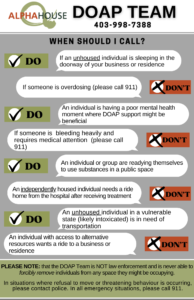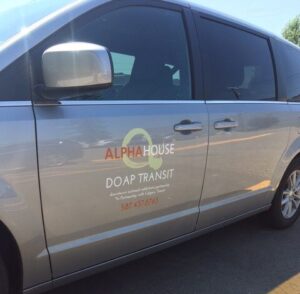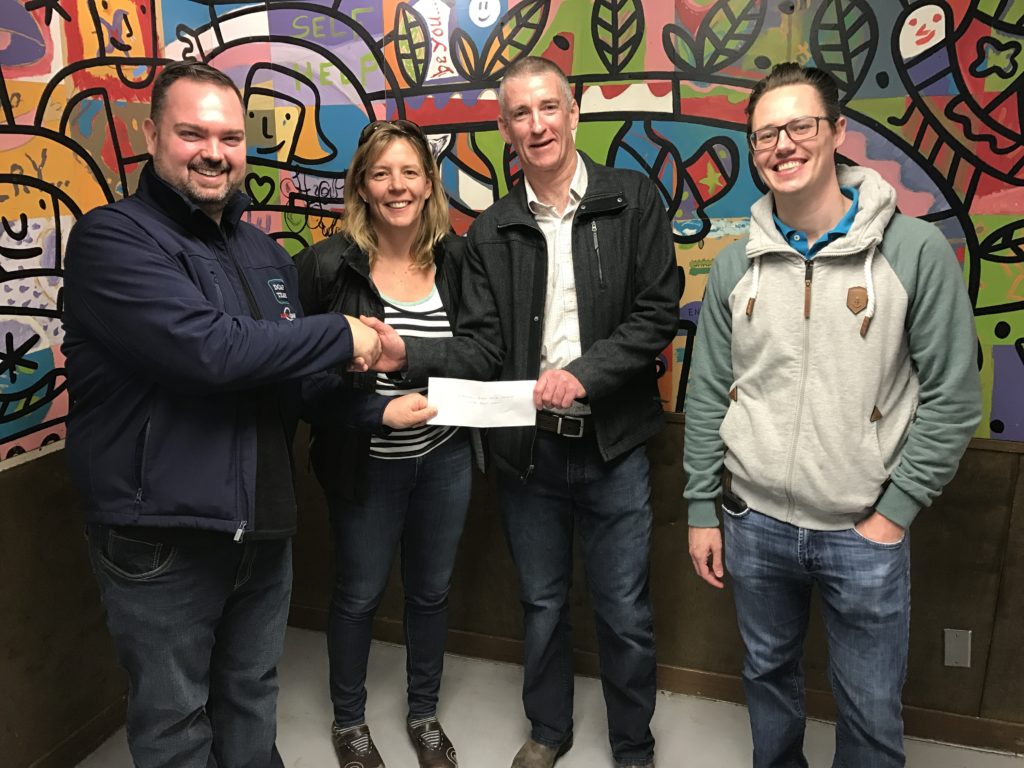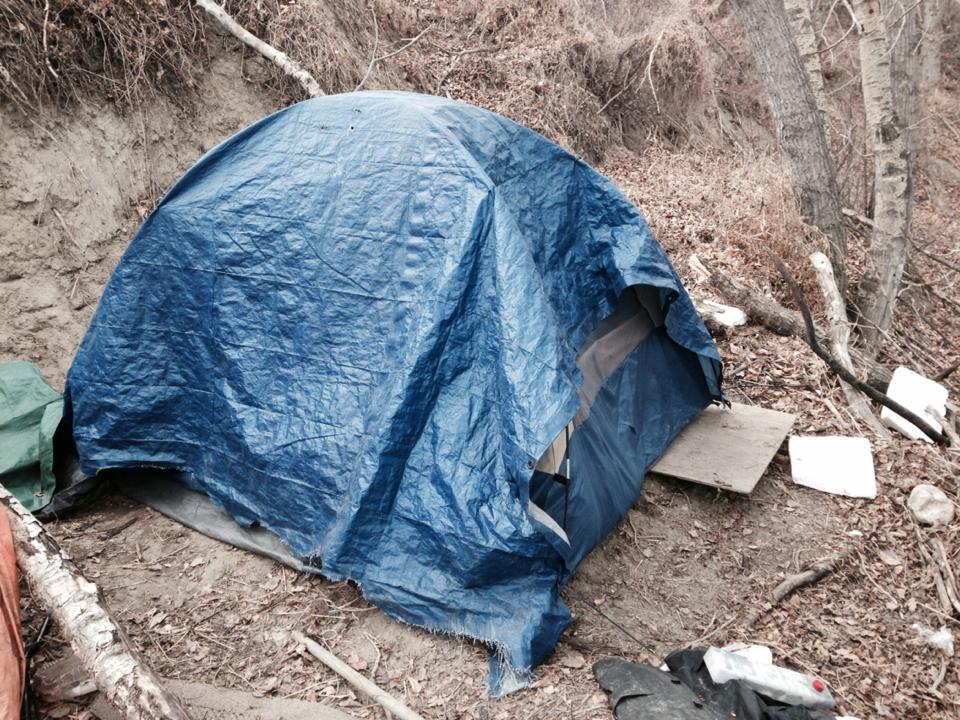Emergency shelter shuttle service provides nearly 200 transports to emergency homeless shelters since last weekend
Shaundra Bruvall | February 3, 2023
FROM THE CITY OF CALGARY NEWSROOM
Emergency shelter shuttle service provides nearly 200 transports to emergency homeless shelters since last weekend (calgary.ca)
 As 14 cm of snow blanketed the city last Friday night, Transit peace officers, members of the Downtown Outreach Addictions Partnership (DOAP) Team and a Calgary Transit operator worked to help transport unhoused Calgarians to emergency shelters, hospitals, and other services across Calgary. Weathering temperatures below -20C and finishing at 3 a.m. on Monday, teams completed over 150 transports last weekend alone. Since the program started at the end of November, more than 600 transports have been completed by the shuttle service over 16 cold weather nights.
As 14 cm of snow blanketed the city last Friday night, Transit peace officers, members of the Downtown Outreach Addictions Partnership (DOAP) Team and a Calgary Transit operator worked to help transport unhoused Calgarians to emergency shelters, hospitals, and other services across Calgary. Weathering temperatures below -20C and finishing at 3 a.m. on Monday, teams completed over 150 transports last weekend alone. Since the program started at the end of November, more than 600 transports have been completed by the shuttle service over 16 cold weather nights.
The emergency shelter shuttle service is a vital component of the Coordinated Community Extreme Weather Response (CCEWR). CCEWR is a four-year pilot program led by the Calgary Homeless Foundation and funded by The City of Calgary to provide support to unsheltered individuals facing extreme weather conditions. Teams work together to bring vulnerable Calgarians to safe spaces during dangerously low temperatures, acting as a lifeline to those who don’t have a warm place to go to. This outreach work happens year-round but the shuttle service, using buses operated by Calgary Transit, enables teams to move larger groups to where they need to go, reducing waiting times and increasing efficiencies for the DOAP Team throughout the city during cold temperatures.
“LRT stations are not appropriate places to seek shelter because they do not have the necessary amenities like beds, potable water or restrooms, nor do they have the resources to support peoples’ wellbeing,” said Deputy Chief of Transit Public Safety Will Fossen.
“Our city’s shelters have been operating at around 75 per cent capacity so far this winter. Demand increases during extreme weather conditions, but they have enough space to accommodate everyone that needs it,” he added.
The goal of the Coordinated Community Extreme Weather Response is to limit barriers to accessing resources. Emergency shelters work with individuals, including those with pets or those who have partners, to find alternate locations and additional services and supports with the goal of finding safe and affordable housing.
Last Wednesday night, the team managed 42 transports. Mark Chevrier, Outreach Program Coordinator at Alpha House had this to say: “42 transports prevents 42 people from getting frostbite, it helps keep people out of hospitals, it’s 42 people who don’t need 911 dispatch or EMS to respond. Most importantly, it’s 42 people who don’t have to worry whether they will even make it through the night.”
Additional warming spaces and other supports are posted on the Calgary Homeless Foundation website here: Coordinated Community Extreme Weather Resource List – CHF.
Calgarians are asked to call the DOAP Team at 403-998-7388 if they see someone who needs help. If someone is in serious distress or non-responsive, they should call 911.





